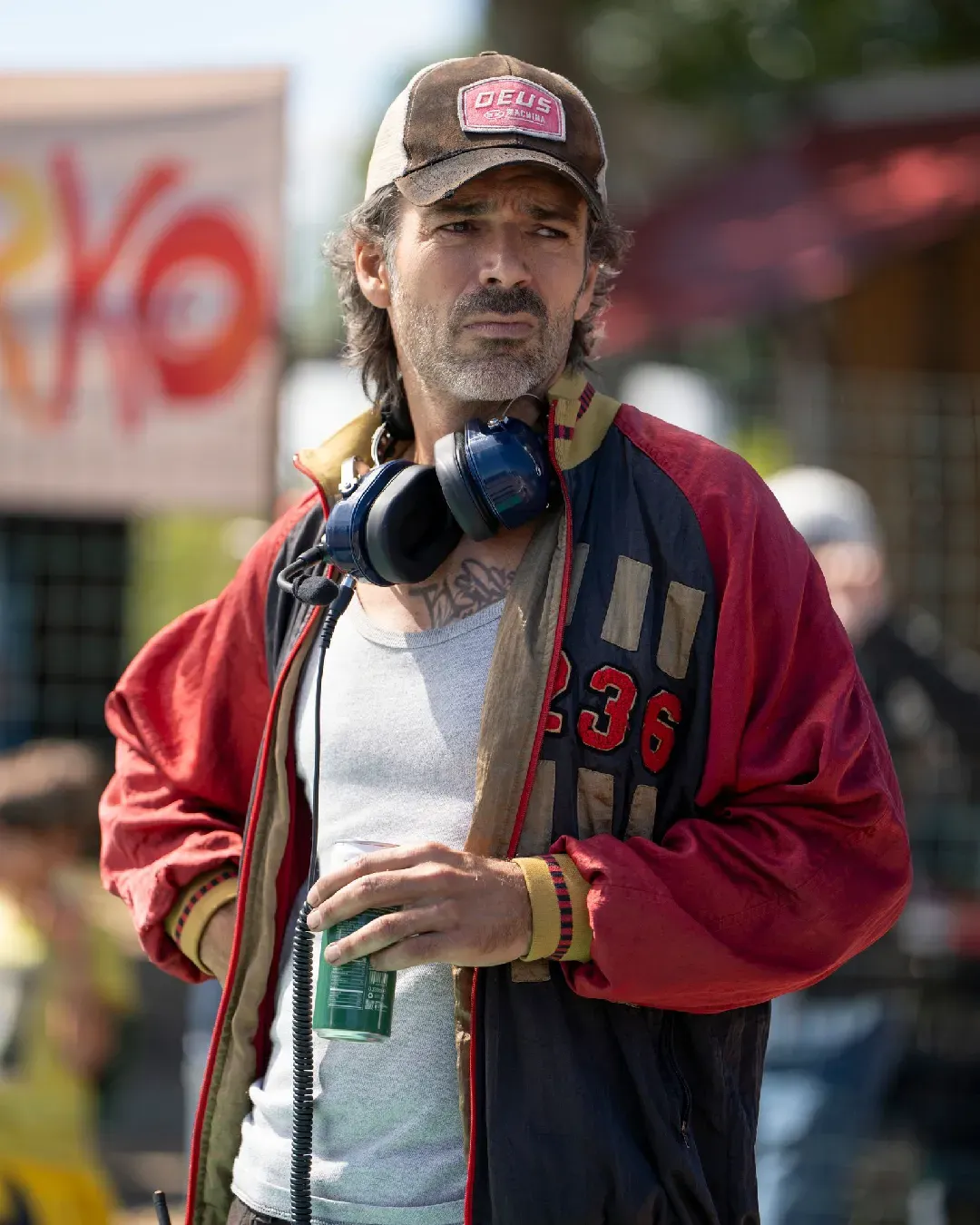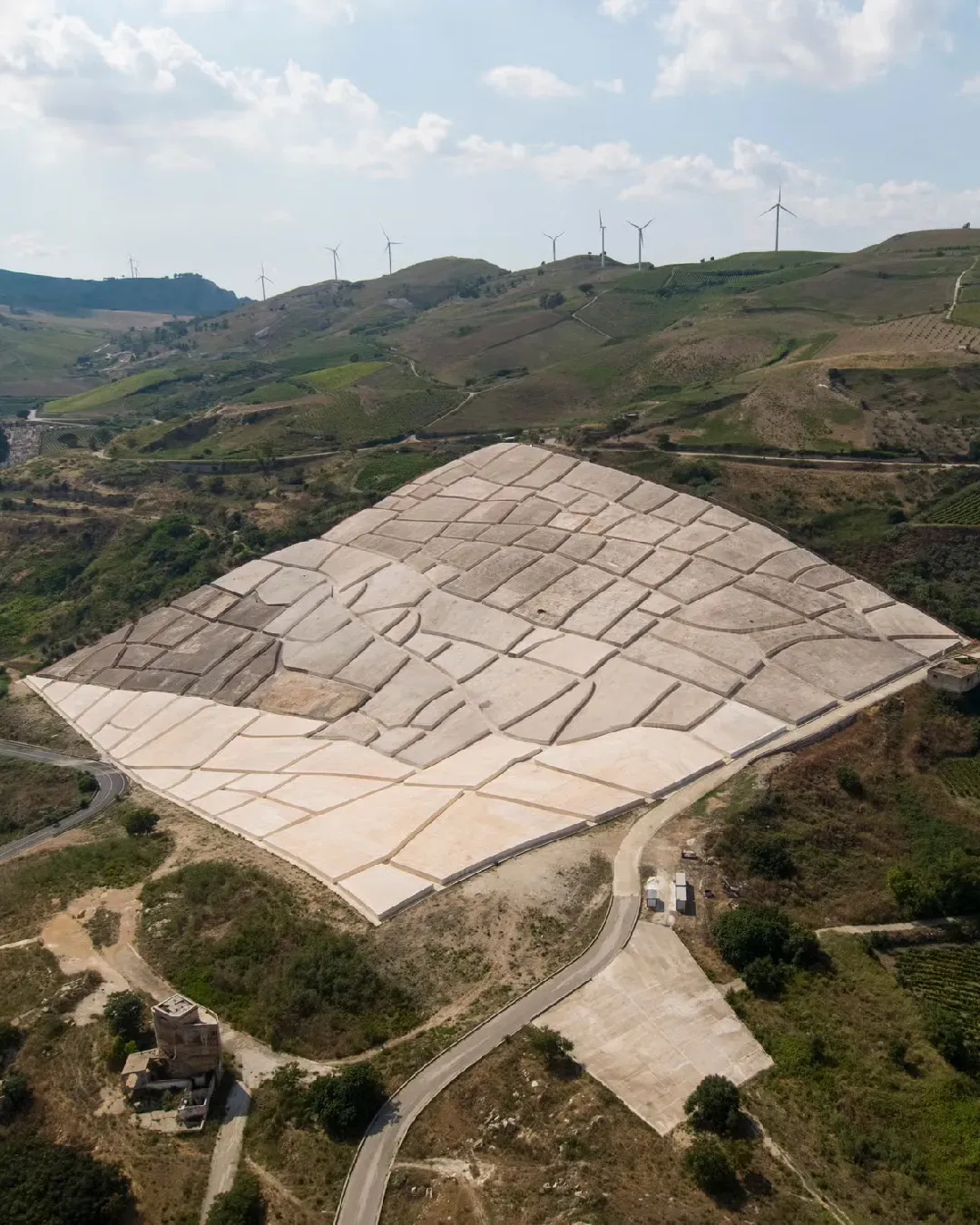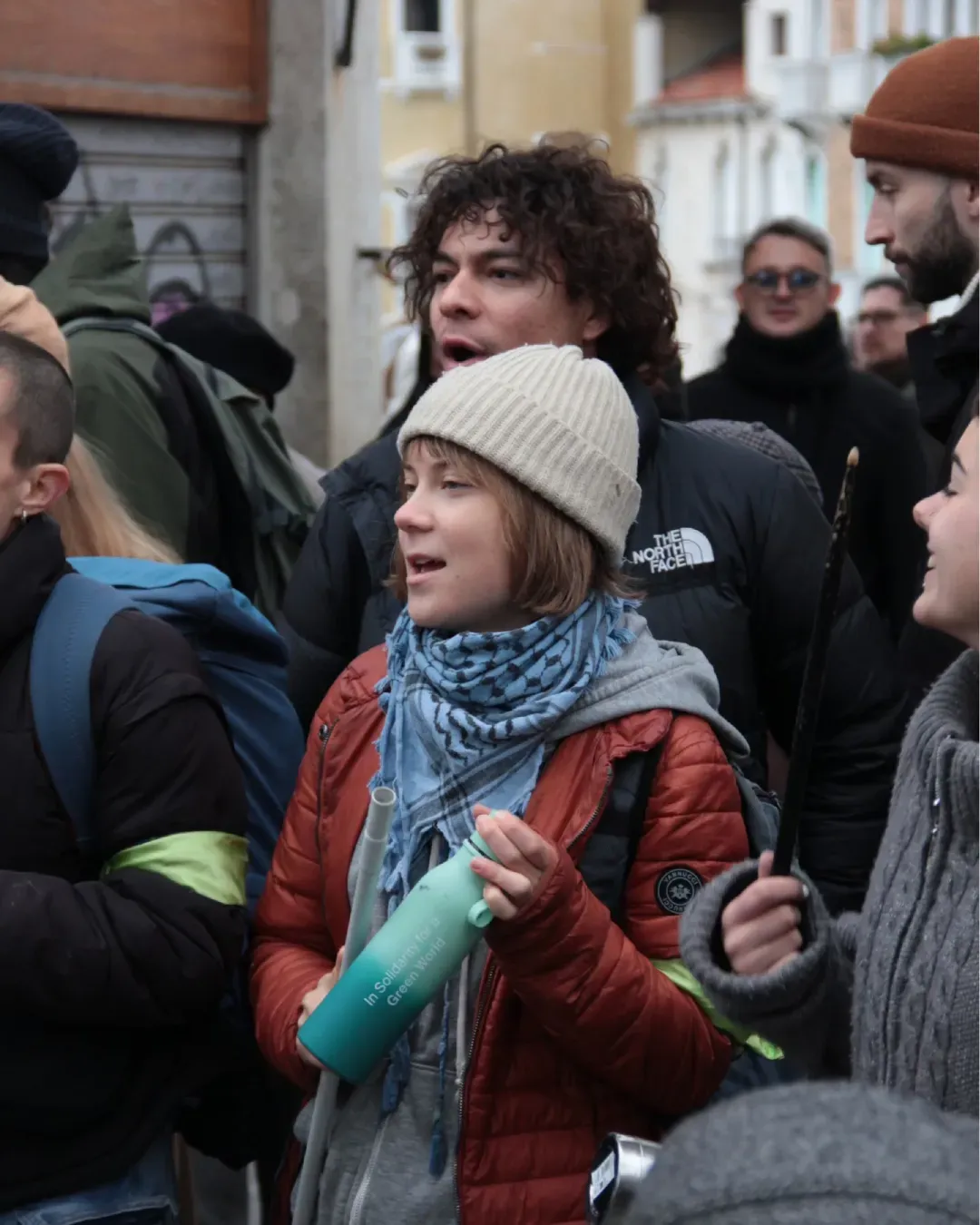
5 innovative restaurants to try in Italy Where to try all the latest trends in gastronomy
Aging of meat and fish, ancestral cooking, fermentations, foraging, sour taste: these are the main themes that fine dining is dealing with, in Italy and beyond. The growing attention towards alternative and sustainable culinary approaches often leads chefs and restaurateurs to embrace a more personal vision of cuisine, where innovation and environmental respect play a central role. This shift in perspective is helping to redefine the very concept of fine dining, paving the way for a new culinary scene driven by creativity, awareness, and authenticity. Although evidently avant-garde, this type of cuisine is paradoxically more accessible compared to "starred" cuisine. More and more restaurants are moving away from the pursuit of Michelin stars in favor of an experimental yet more democratic approach to cooking. The establishments promoting this type of cuisine do not necessarily belong to elitist circles, which is also contributing to a positive response from the gastronomic public.
Here are five Italian restaurants where you can explore the latest trends in gastronomy – where they are born or where they are being addressed in the most convincing way.
Podere Belvedere
Grilling has become the hallmark of the cuisine at Podere Belvedere, a restaurant near Florence that promotes a type of cuisine now defined as "ancestral" – reviving recipes and methods that are sometimes very ancient. Here, chef Edoardo Tilli experiments with low-temperature grilling, smoking, and aging – sometimes keeping the animal's skin for a minimum of 40 days, up to 4 months. There are also fermentations and the cultivation of noble molds, which form the basis of the processes that the self-taught chef applies to vegetables and meats. In the latter case, some molds enhance the digestibility and preservation of the product itself, while simultaneously accentuating its flavor.
Via S. Piero a Str., 23, Pontassieve (FI)
Spore
This small restaurant-laboratory in the Porta Romana district of Milan plays extensively with fermentations. The cuisine's proposal is based practically on a single tasting menu, which changes weekly, where Italian gastronomic culture is mixed with Scandinavian and Asian cultures. Young chef Mariasole Cuomo has worked with Yoji Tokuyoshi at Noma's Fermentation Lab. Many courses are served simultaneously, allowing diners to decide in which order to taste them to experience different paths and combinations. Sustainability and careful selection of raw materials to ferment are some of the cornerstones of the restaurant.
Via Passo Buole, 4, Milan
Bros
Exploring the sour taste has become one of the distinctive features of Bros, a Michelin-starred restaurant in the heart of Lecce, led by Floriano Pellegrino and Isabella Potì. Among the dishes that have made this one of the most interesting realities in the Italian gastronomic scene is, for example, the lukewarm spaghetti with rancid fat, garlic, and chili. Their constantly evolving tasting menu is a journey that first requires not being intimidated by less conventional textures and tastes, but which projects the gastronomic tradition of Salento into contemporaneity – also thanks to some processing techniques not at all obvious in Italian cuisine.
Via degli Acaya, 2, Lecce
Reis Cibo Libero di Montagna
This is a high-altitude agricultural restaurant with almost zero impact, which represents well the rise of mountain cuisine in Italy. In the middle of the Valle Varaita in Piedmont, chef Juri Chiotti – who at just 25 years old had already obtained a Michelin star – cooks only based on what he cultivates and breeds. The restaurant is open exclusively from Friday to Monday, while the other days of the week are dedicated to the production of raw materials, which determine the menu offered. Here, the menu not only changes according to the seasonality but also based on the availability of the same cultivated ingredients. The tasting journey then consists of a series of courses where the relationship between meat and vegetable is equated, thus maintaining an ethical approach to cuisine.
12022, Chiot Martin (CN)
Trattoria da Lucio
Jacopo Ticchi is one of the most talented young chefs in Italy today: in his restaurant in Rimini, he was among the first to experiment with fish aging, making it almost a trend. This technique is not the ultimate goal of his proposal, but the means by which he is developing an original and contemporary cuisine, capable of enhancing the best of tradition and local catch. Ticchi also plays a lot with the lesser-known and considered less noble parts of fish: offal, bones, and skin play a central role in his dishes. Between August and September, to cope with the fishing hiatus in the Adriatic, the restaurant chooses to change its face, serving dishes based almost exclusively on meat in a sustainability perspective.
Viale Amerigo Vespucci, 71, Rimini















































